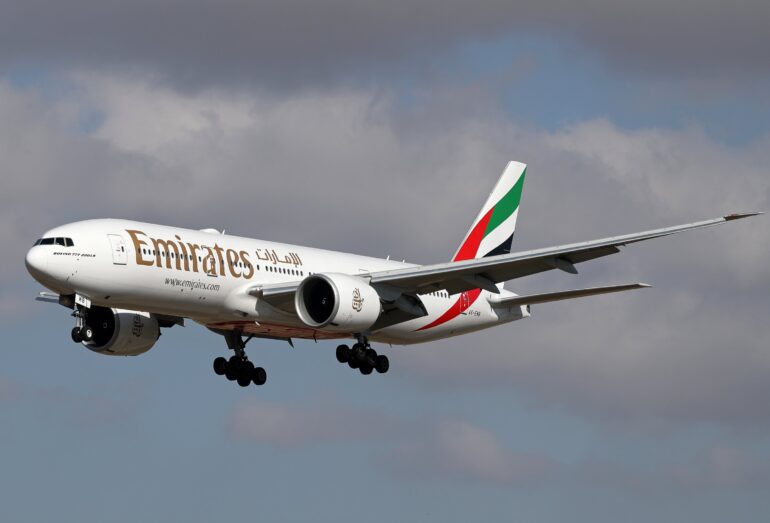TL;DR:
- Artificial intelligence (AI) is shaping the future of humanity and has the potential to revolutionize air travel.
- Tim Clark, president of Emirates Airlines, believes AI could replace real-life pilots and enable single-pilot aircraft.
- Fully automated flights are already within reach, but passengers prefer the presence of two pilots in the cockpit.
- Completely pilotless planes are a long-term goal, unlikely to happen in the near future.
- Skilled pilots play a crucial role in a comprehensive safety system beyond flying the aircraft.
- AI integration can enhance operational efficiency and improve safety measures in aviation.
Main AI News:
Artificial intelligence (AI) is revolutionizing various industries and redefining the future of humanity. Its potential is boundless, and we have only scratched the surface of its capabilities. Tim Clark, the esteemed president of Emirates Airlines, envisions a future where AI could play a significant role in air travel.
In a recent interview with CNBC, Mr. Clark discussed the possibility of AI replacing real-life pilots in passenger aircraft, highlighting the potential for single-pilot planes. He acknowledged that the technology for fully automated flights is already within reach, stating, “You might see a one-pilot aircraft. Could the aircraft be flown on a fully automated basis? Yes, it could, technology is right up there now.“
Despite the advancements in AI, Mr. Clark recognized that passengers find comfort in the presence of two pilots in the cockpit. He firmly believes that there will always be a human pilot on board, even if AI assumes the majority of the flying responsibilities. However, he admitted that the realization of completely pilotless planes is a long-term goal, unlikely to occur in his lifetime.
When addressing the concerns surrounding AI’s role in aviation, Mr. Clark emphasized the value of skilled pilots. He stressed that pilots are not mere “plane drivers” but highly trained professionals who contribute to a comprehensive safety system, ensuring the secure transportation of passengers, crew, and cargo.
The integration of AI in aviation has the potential to enhance operational efficiency and improve safety measures. As Mr. Clark expressed, businesses should carefully assess the transformative impact of AI and explore how it can optimize their processes. Although the future of air travel may include advancements in AI technology, the presence of skilled pilots will remain a vital component of ensuring passenger well-being and maintaining a robust safety framework.
Conlcusion:
The integration of artificial intelligence (AI) in the aviation industry, specifically in the form of pilotless or single-pilot aircraft, has significant implications for the market. While the technology for fully automated flights is advancing rapidly, it is evident that passenger preferences and concerns for safety will continue to influence the market dynamics.
The presence of skilled pilots will remain crucial, ensuring a comprehensive safety system and providing a sense of reassurance to passengers. As businesses navigate this transformative landscape, they should carefully assess the potential of AI to optimize processes and improve operational efficiency while also recognizing the enduring value of human expertise in maintaining a robust and secure air travel environment.
This presents both challenges and opportunities for market players, who must strike a delicate balance between embracing AI advancements and upholding customer satisfaction and safety standards. Adapting to this evolving market landscape will require a strategic approach that leverages the benefits of AI while addressing the human factor in air travel.

